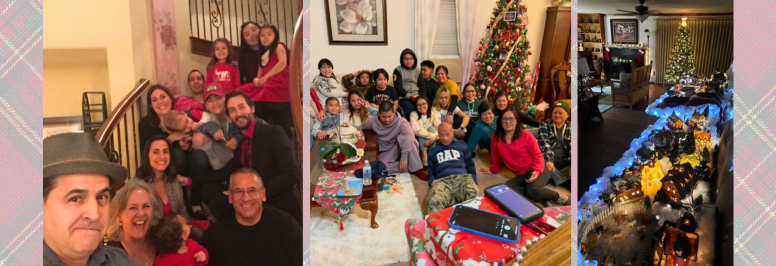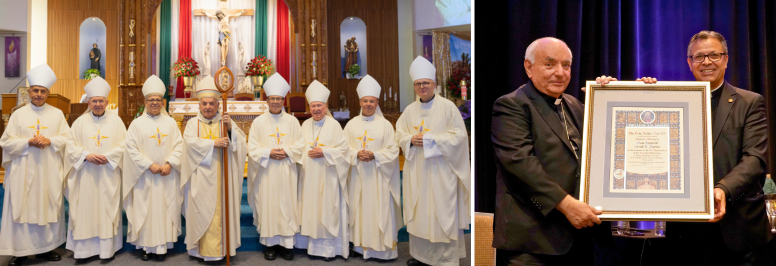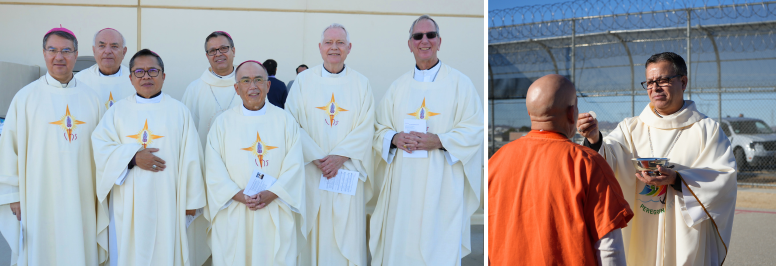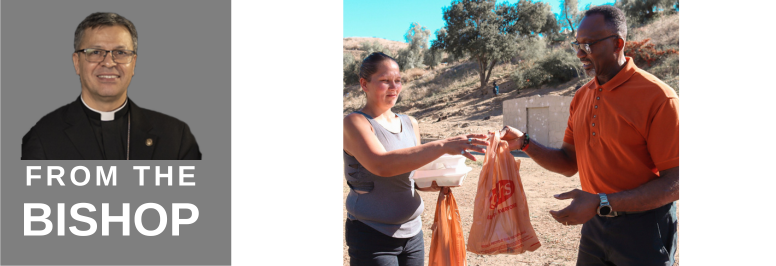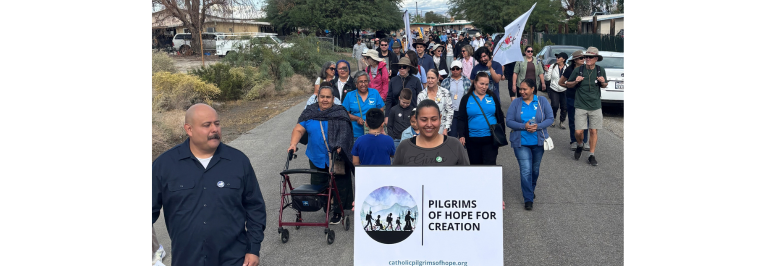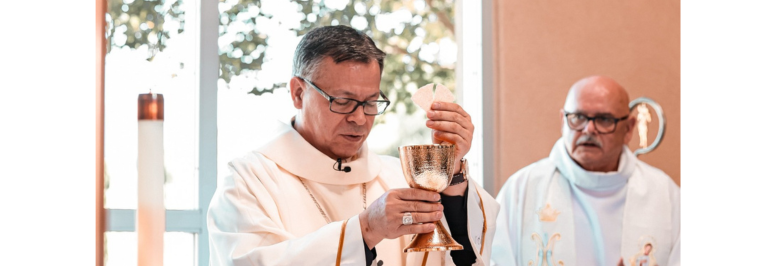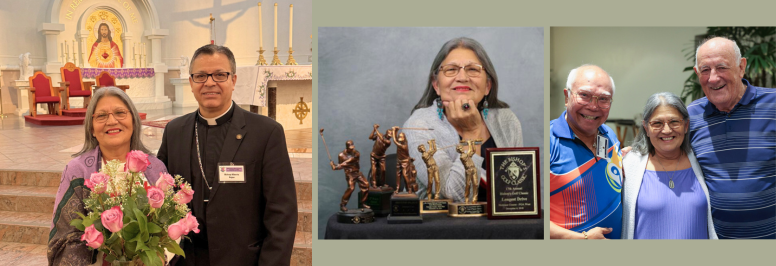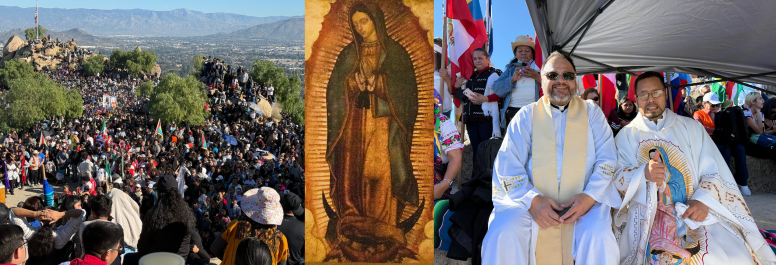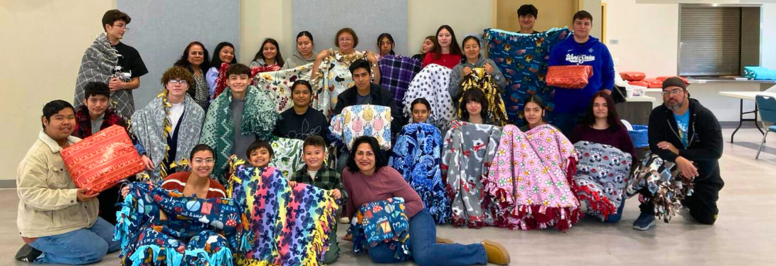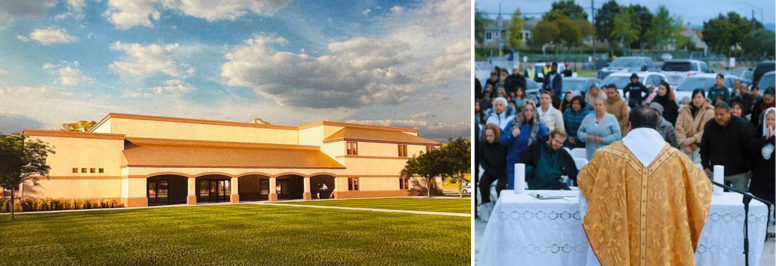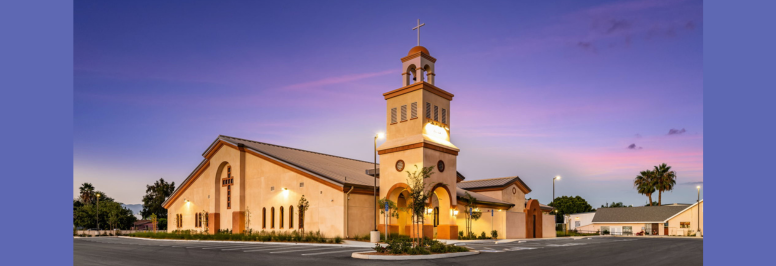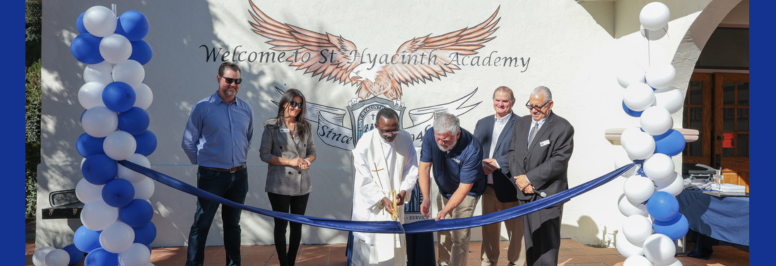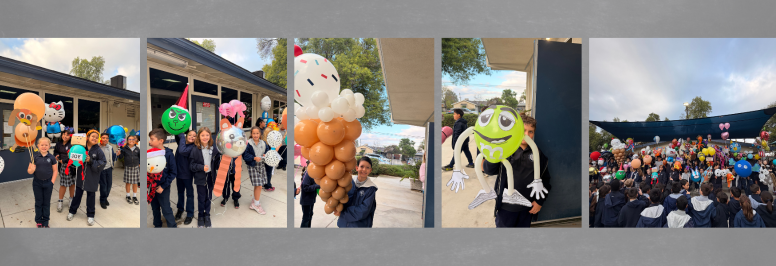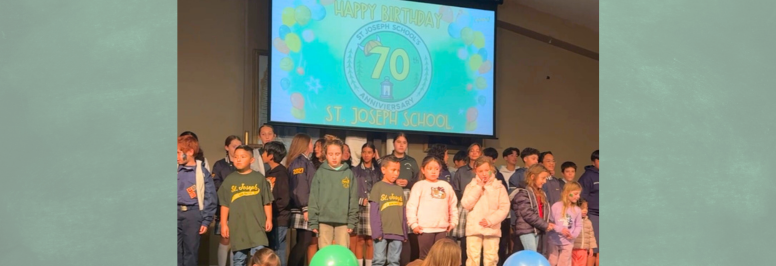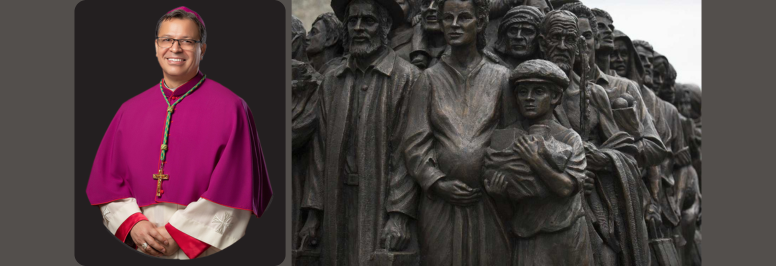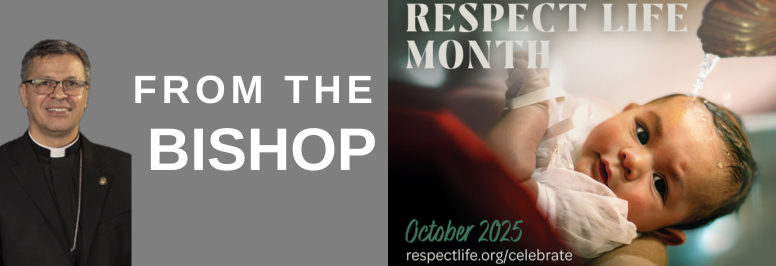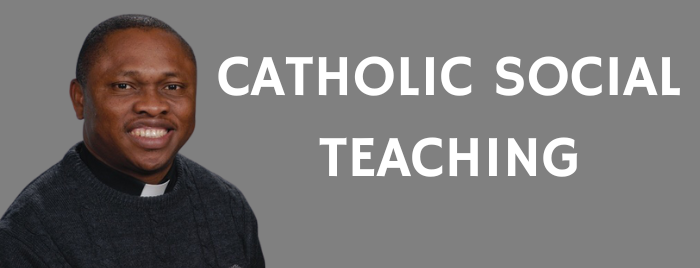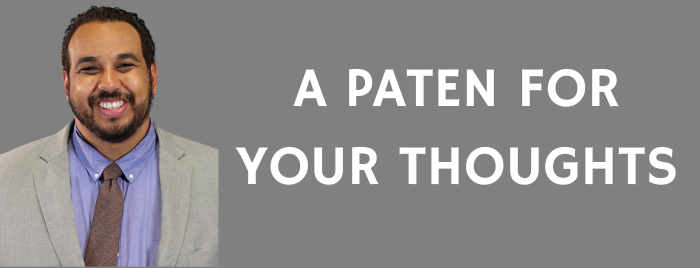Fueled by the media, and by their campaign machines, the candidates are seeking to generate emotion and, perhaps, anxiety about the consequences of our vote. Most of us can agree that when we are anxious and pressured – when our buttons are being pushed – we don’t make the best decisions.
And it’s not just the TV commercials, and the press conferences, and the tweets that create this anxiety, it’s probably also the conversations and/or arguments we’re having with our co-workers, neighbors, friends and family members about who is the better candidate.
It becomes emotional, and personal. Lines are drawn and, sometimes, hurtful words and actions erupt. Worse yet, this doesn’t lead us to a decision that reflects our values, our faith and our conscience – the very places from which an act of Faithful Citizenship should come.
Our task, then, is to block out the noise and do some true reflection and prayer about the candidates and issues on which we will vote. This will take time and a depth of thought that may be hard to find amidst our busy lives. Our Church teaches that a well-formed conscience is our greatest ally in discerning matters of politics and public policy. But how do we reach it?
The Catechism advises this process:
- We set aside predispositions and open ourselves to the truth and what is right in a particular situation or issue.
- We study the Sacred Scripture and the teachings of the Church.
- We examine the facts and the background information on the particular issue or candidate.
- We prayerfully reflect to discern the will of God.
Does this sound deliberate? Time consuming? Maybe, but, as many have pointed out, the “right” choice in this election is not readily apparent. Indeed, there is no candidate that perfectly aligns with the teachings of our faith. We have no choice but to weigh the issues and candidates carefully.
Some might prefer a Catholic Voters Guide to make the choices for them. Others do not see any relationship between their faith and the election and believe the Church should “just stay out of politics.”
Well, your church is not going to tell you who to vote for, but it surely will encourage you to vote and it will help you prepare.
The big issues of the campaign, which include abortion, immigration, jobs and the environment, have moral dimensions that transcend politics. That is why we are called as Catholics to be part of the civic process. It is part of our living the Gospel.
So I invite you in the coming weeks to continue to study the issues and candidates that will be before us on November 8. Do not be swept away by the current of hostility and hysteria. Look through the lens of the Gospel and ask yourself important questions:
How is the dignity of every human person being served?
What is best for the common good?
How is marriage and family being promoted and protected?
What is being done for the least among us?
Is religious liberty being respected?
Where is the mercy of God reflected?
These questions and others like them are worthy of our time and prayer.
May God continue to bless you, your family and our country.



